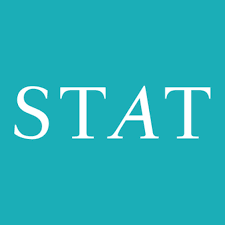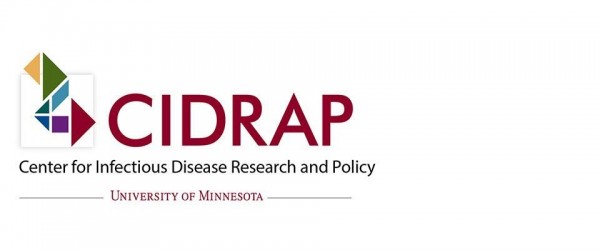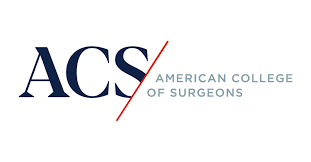Opinion: COVID vaccination for healthcare workers under 65 will protect patients, keep ORs staffed

Editor's Note In an opinion piece published by STAT on October 30, authors Judy Stone, MD, retired infectious disease physician, medical journalist, and author, and Judith Feinberg, MD, professor of medicine/infectious disease and professor of behavioral medicine and psychiatry at the West Virginia University School of Medicine, argue that new…
Study: Prolonged COVID symptoms more likely for healthcare workers

Editor's Note Long COVID strikes healthcare and dental workers at far higher rates than the general population, according to an April 23 article from the Center for Infectious Disease Research and Policy (CIDRAP) at the University of Minnesota. As detailed in the article, two recent international studies reveal that 40%…
Analyzing impact of long COVID on cognitive health, surgical outcomes

Editor's Note The term "perioperative neurocognitive disorder" has been adopted to describe cognitive impairments identified during the perioperative period, the American College of Surgeons (ACS) May 8 reports. Postoperative delirium, in particular, is an acute complication manifesting as confusion and fluctuating levels of consciousness and attention. The incidence of this…
Study: Cognitive impairment prevalent in patients suffering from long COVID

Editor's Note A study published by JAMA Network on February 14 reveals cognitive symptoms to be common among individuals suffering from post-COVID-19 condition, also known as long COVID. Conducted by Abhishek Jaywant, PhD, and colleagues from Weill Cornell Medicine in New York City, the research focused on the prevalence of…
Study: Post COVID-19 neuroinflammation with persistent depressive, cognitive symptoms
Editor's Note This Canadian study finds that translocator protein distribution volume (TSPO Vt) an index of brain gliosis (ie, an inflammatory change) was higher in COVID-19 patients with persistent depressive and cognitive symptoms (COVID-DC). Researchers compared TSPO Vt of specific regions of the brain in 20 participants with COVID-DC and…
Effect of healthy sleep on risk of long COVID
Editor's Note This study by Harvard School of Public Health and Harvard Medical School, Boston, finds that healthy sleep before and during the COVID-19 pandemic was linked to a substantially decreased risk of long COVID. A total of 1,979 women from the Nurses’ Health Study II were included in the…
Development of a definition for long COVID
Editor's Note This multi-center study, which is part of the National Institutes of Health’s Researching COVID to Enhance Recovery (RECOVER) initiative and led by the Massachusetts General Hospital, Boston, was conducted to develop a definition of long COVID using self-reported symptoms of 9,764 participants (8,646 infected; 1,118 uninfected) at 85…
Association of COVID-19 infection, vaccination with Bell's palsy
Editor's Note This meta-analysis by researchers from Iran University of Medical Sciences, Tehran; Harvard Medical School, Boston; and Johns Hopkins University School of Medicine, Baltimore, finds a greater risk for Bell's palsy with COVID-19 infection, compared with COVID-19 vaccination. A total of 50 studies were included in the analysis with…
1-year adverse outcomes in adults with long COVID
Editor's Note This study by researchers at Elevance Health, Inc, Indianapolis, Indiana, finds increased rates of adverse outcomes over a 1-year period in adults who survived the acute phase of COVID-19. A total of 13,435 individuals with post-COVID-19 condition (ie, long COVID) and 26,870 individuals with no evidence of COVID-19…
Study: Can a mild case of COVID-19 change your brain?
Editor's Note Those who experience anxiety and depression months after a mild case of COVID-19 may have brain changes that affect its function and structure, finds a study that will be presented at the American Academy of Neurology’s Annual Meeting in April. The study, by researchers at the University of…

 Free Daily News
Free Daily News